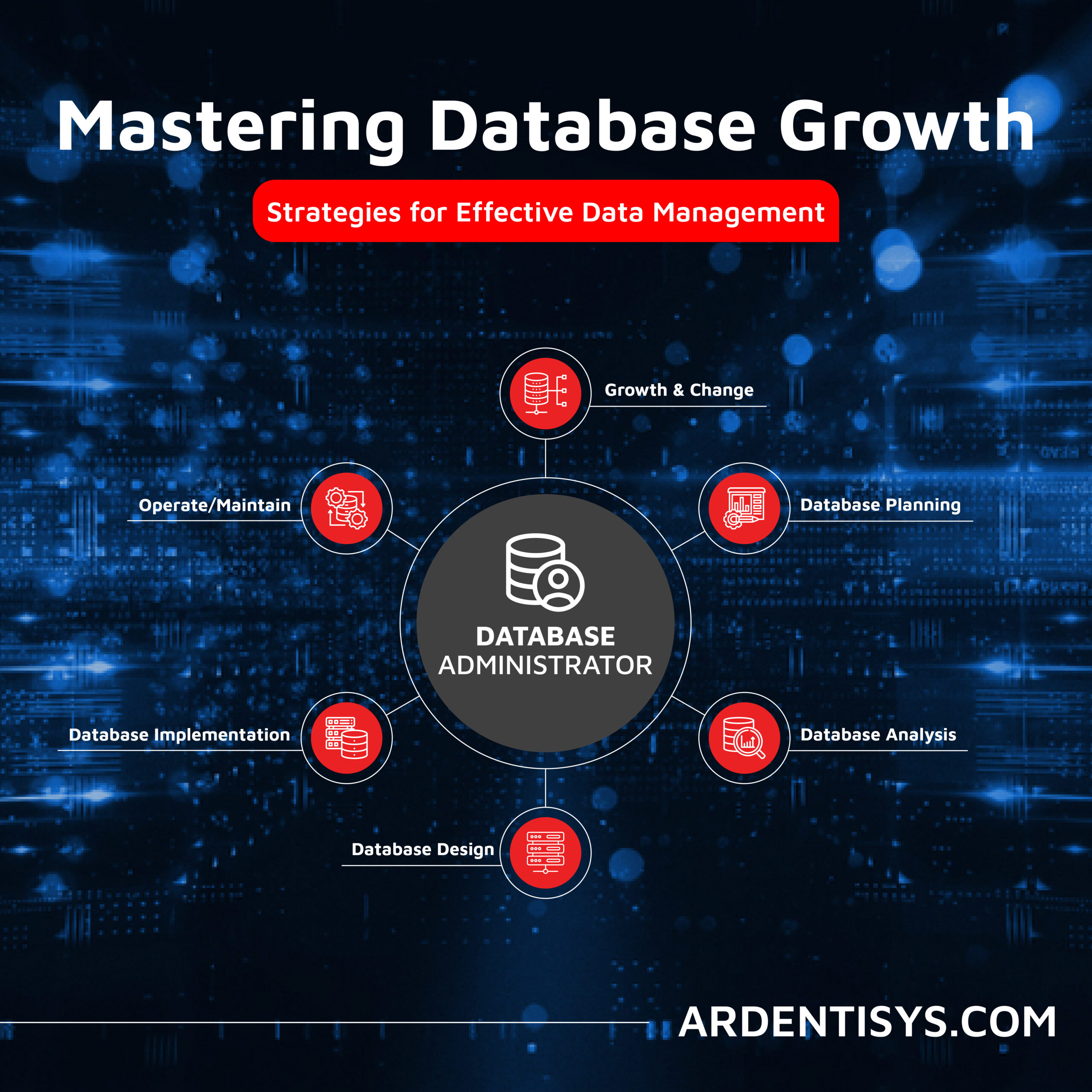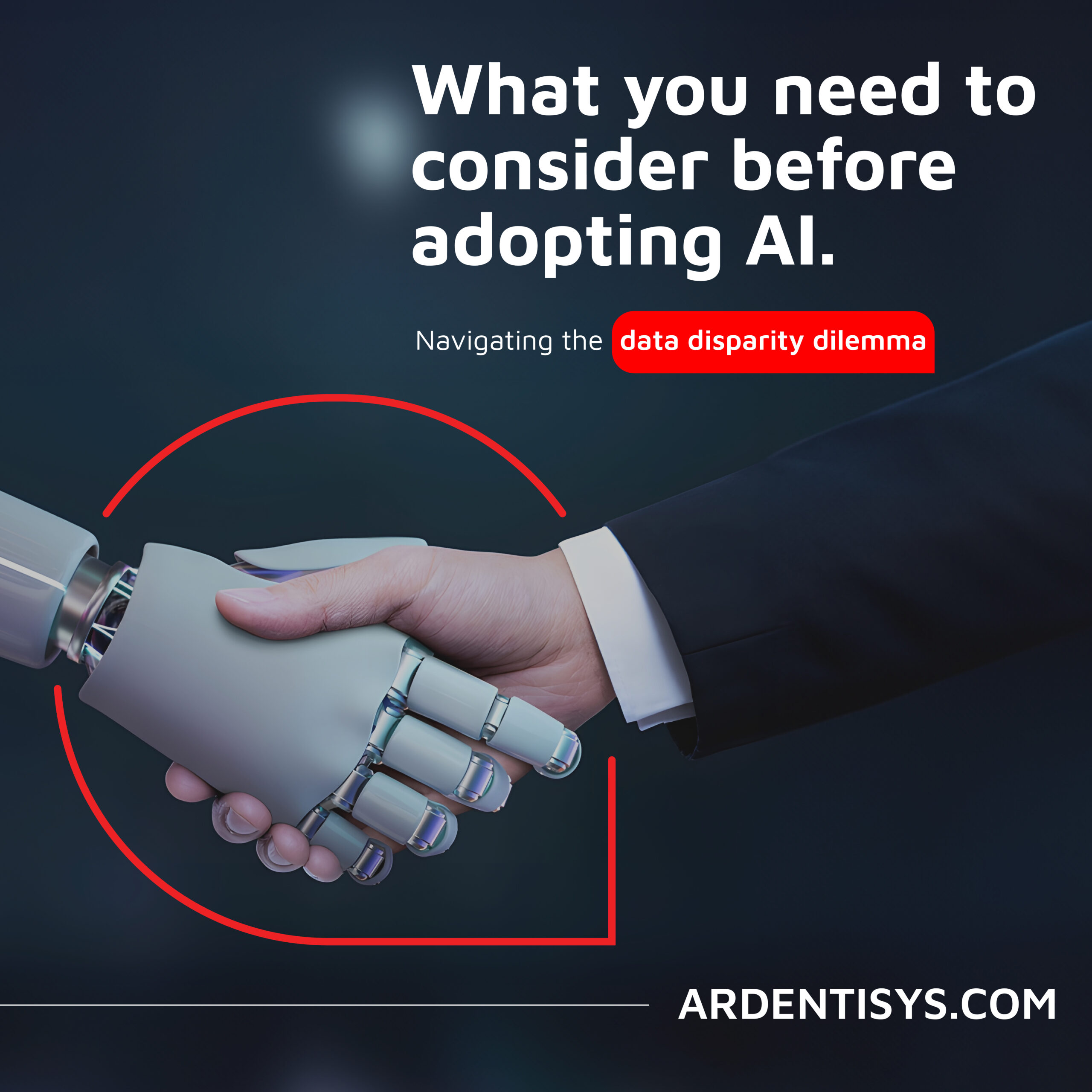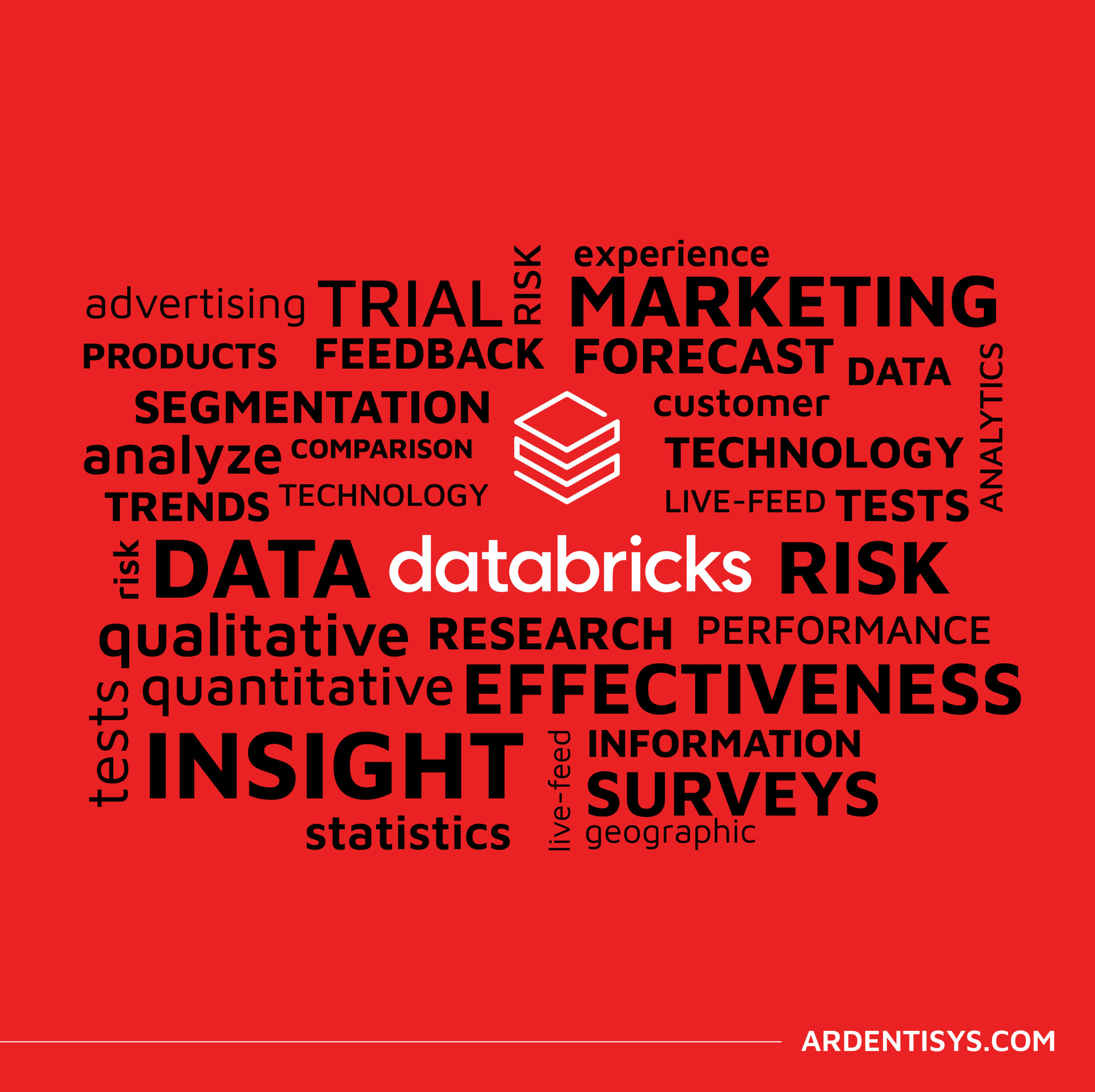Understanding Microsoft Dynamics 365
25 April 2022 | Noor Khan

Microsoft is one of the biggest technology providers in the world and Dynamics 365 is just one of the popular technologies on offer. Dynamics 365 is a Customer Relationship Management (CRM) that consists of a number of applications to meet client demands. Apps within Microsoft Dynamics can be used singularly to meet specific needs or as part of an integrated toolset offered as Dynamics 365. Dynamics 365 is powered by automation and AI to enable businesses to effectively manage their sales activity.
At Ardent, we have had several clients approach us to customise and implement Dynamics CRM as well as integrate third-party applications. Here, we will look at understanding Microsoft Dynamics 365 CRM and explore why it is becoming increasingly popular with businesses.
What is the current Dynamics 365
Released in 2016, Dynamics 365 has gone through a number of changes and rebranding over the years. As it stands Dynamics 365 is a suite of business software tools that can be used individually or collectively as a CRM. It is a cloud-based solution based on Microsoft’s own Azure cloud computing system. The full suite features 11 tools that are targeted at various departments in the business. There are five apps for CRM (sales, customer service, field service, project service automation and marketing) and others fall under HR, Finance and Operations, Retail, Mixed Reality, Business Central and Artificial Intelligence.
The benefits of Dynamics 365
Microsoft Dynamics 365 has a number of benefits on offer which is enabling the technology to gain popularity with businesses across the world.
- Flexibility with the tools - Dynamics 365 has 11 different apps on offer, this means that businesses can pick and choose which tools they require the most to fulfil their needs instead of having to purchase the full CRM.
- Microsoft app integrations - As part of the wide variety of technologies on offer by Microsoft, Dynamics can be easily integrated with any of Microsoft’s tools and platforms.
- Security - The software has permission-based features which allow the administrators to have full control over who has access to what part of the data within the CRM. Additionally, all your data is backed in Microsoft’s secure cloud environment ensuring that no data is lost.
- Improving customer service - The whole customer journey can be tracked and monitored within Dynamics 365. This allows businesses to offer full rounded customer service to their customers powered by insights from data within the CRM.
- Rich data insights - Power BI is integrated with Dynamics 365 which allows businesses to gain rich insights from data in an easy to understand format which is ideal for businesses without data science expertise on hand.
- A central hub for your team - You can provide your team with a central hub with integrated apps and shared data for their activities enabling them to save time and increase productivity.
The limitations of Dynamics 365
There are some limitations that Dynamics 365 has that need to be taken into consideration and they are:
- Training - Although it is user friendly with a wide variety of features and customisable implementations, training is required to effectively use the CRM.
- User interface - Some users have found the User Interface (UI) to be dated. As the software is packed with features, the navigation is not particularly intuitive.
- License costs - Costs to get started are higher when compared to other competitors. To get started with Dynamics, businesses are looking at around $50 per month, per user. This can be quite costly for small businesses and may isolate the small business market.
- Data storage costs - Most organisations deal with large volumes of data, and you may easily exceed the limit of 10GB per licence. Once the limit is exceeded there’s a charge of $9.95 for an extra 1GB per month.
Ardent Dynamics 365 services
At Ardent, our engineers have worked with many Microsoft technologies and can provide customisation, implementation and integration of third-party apps for Microsoft Dynamics. If you are looking for experienced, reliable software engineers to help on your next project with Dynamics 365, then get in touch.
Ardent Insights

Overcoming Data Administration Challenges, and Strategies for Effective Data Management
Businesses face significant challenges to continuously manage and optimise their databases, extract valuable information from them, and then to share and report the insights gained from ongoing analysis of the data. As data continues to grow exponentially, they must address key issues to unlock the full potential of their data asset across the whole business. [...]

Are you considering AI adoption? We summarise our learnings, do’s and don’ts from our engagements with leading clients.
How Ardent can help you prepare your data for AI success Data is at the core of any business striving to adopt AI. It has become the lifeblood of enterprises, powering insights and innovations that drive better decision making and competitive advantages. As the amount of data generated proliferates across many sectors, the allure of [...]

Why the Market Research sector is taking note of Databricks Data Lakehouse.
Overcoming Market Research Challenges For Market Research agencies, Organisations and Brands exploring insights across markets and customers, the traditional research model of bidding for a blend of large-scale qualitative and quantitative data collection processes is losing appeal to a more value-driven, granular, real-time targeted approach to understanding consumer behaviour, more regular insights engagement and more [...]






